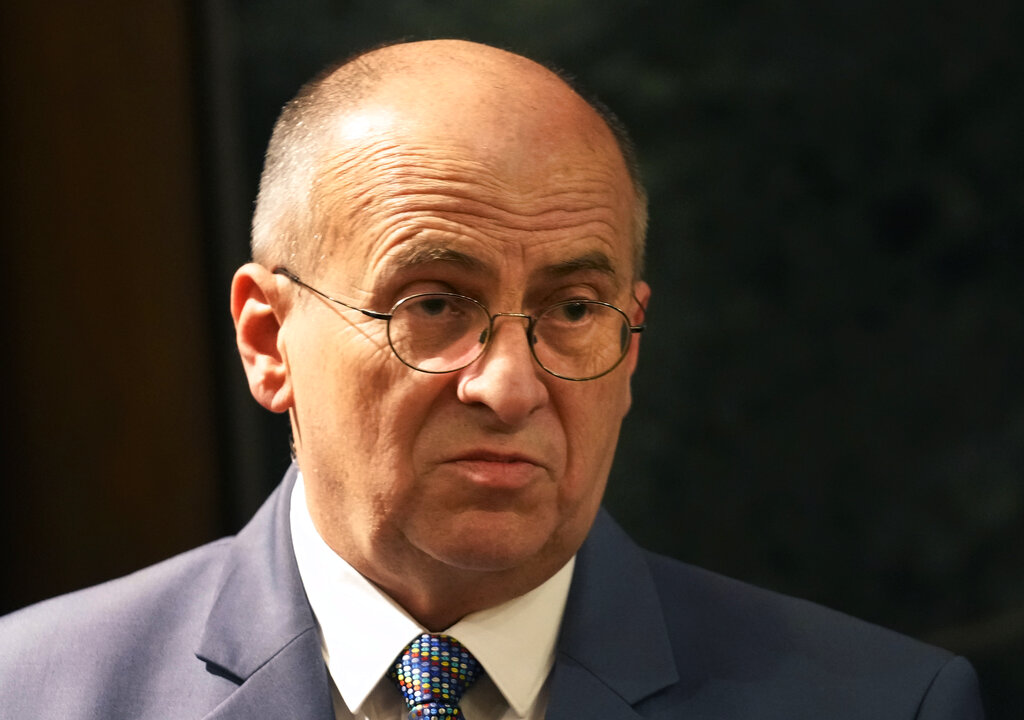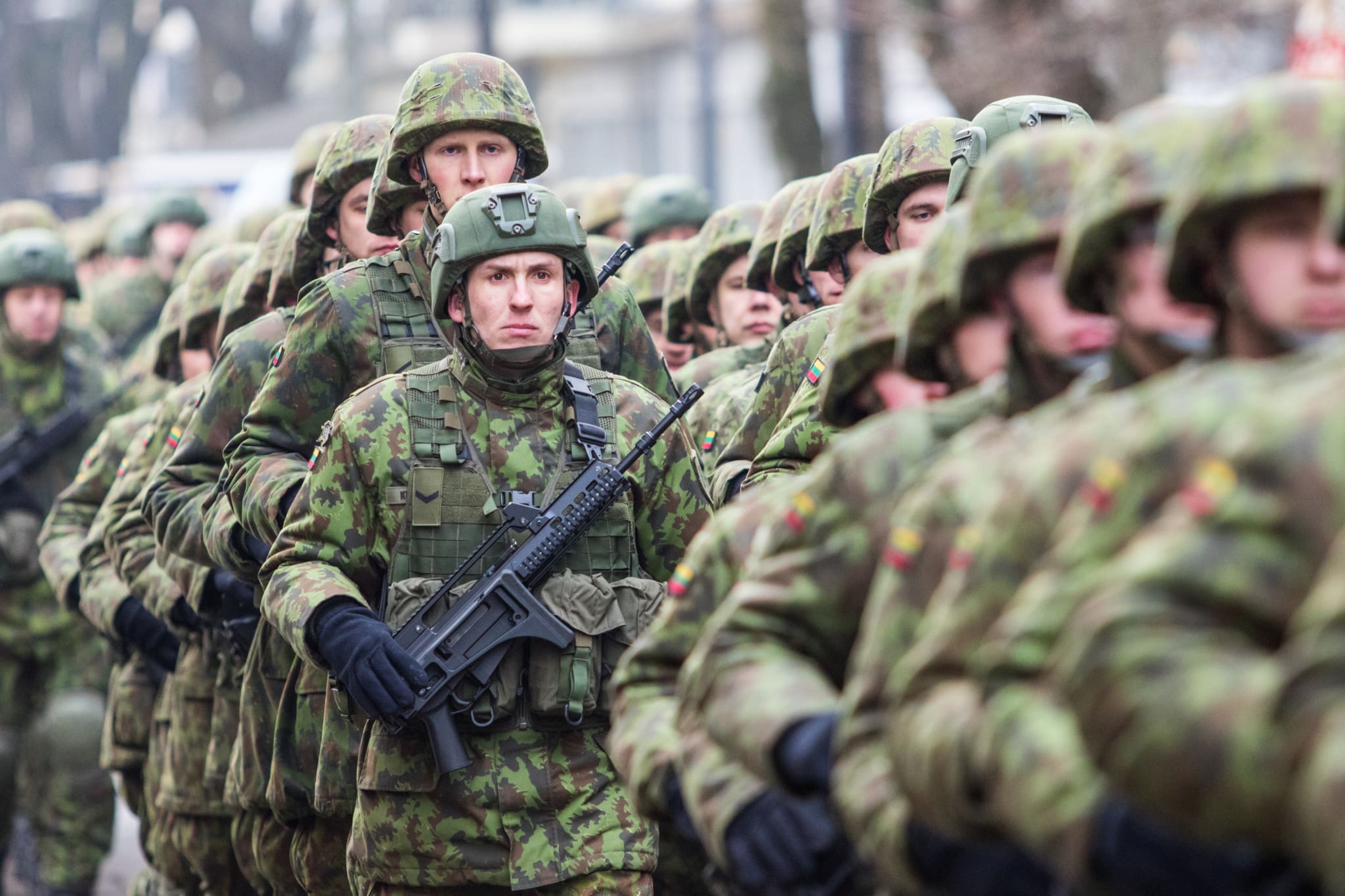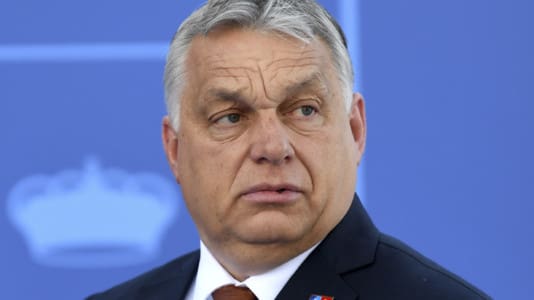The permanent stationing of U.S. troops in Poland marks “the beginning of building permanent U.S. bases in Central and Eastern Europe,” Poland’s Foreign Minister Zbigniew Rau said during the NATO summit in Madrid earlier this week.
Rau stressed that in the opinion of the Polish authorities, the NATO-Russia Founding Act adopted in 1997 no longer applies, telling journalists: “The way of thinking resulting from this document was overcome in an adequate answer to developments in the East, especially Russia’s aggression against Ukraine.”
The 1997 Act was a political agreement, not a legally binding treaty, which committed NATO to carry out its collective defense and other missions by “ensuring the necessary interoperability, integration, and capability for reinforcement, rather than by additional permanent stationing of substantial combat forces” on the territories of the former Warsaw Pact nations.

On Wednesday, U.S. President Joe Biden confirmed the permanent establishment of the main headquarters of the U.S. Army Fifth Corps in Poland, following its reactivation two years ago. Since the autumn of 2020, a forward HQ of Fifth Corps has operated in Poznań, coordinating U.S. military operations in Europe.
Minister Rau pointed out that the creation of bases is a process, but he called deploying the main HQ of Fifth Corps “a breakthrough,” adding that he had received many inquiries from local government officials, who declared readiness to receive U.S. military personnel.
Rau also commented on Finland and Sweden’s invitation to join NATO, saying the summit in Madrid was “undoubtedly a success.” Rau brought up the talks with representatives of Finland and Sweden, stressing “the in-depth process (required) for changing minds, not only of the political elite but above all of the societies.”
“Generations rose, also of politicians, who believed that neutrality is the reason of state, and there was no discussion about it; the current generation points out that Russia’s neighbors simply cannot be neutral,” said Rau, adding that the Russian side will attempt to call that viewpoint into question.
According to the Polish foreign minister, his Friday visit to Helsinki will also have a symbolic meaning: “I will be the first foreign affairs minister of a NATO country that will visit Finland and Sweden after this historic summit.”
Rau added that Polish diplomacy had worked tirelessly for the past several weeks to overcome “the crisis caused by the objection of Turkey, which was concerned about its security.”
Turkey objected to accession of Sweden and Finland, accusing them of supporting Kurdish organizations considered to be terrorists by Turkey, imposing an embargo on weapon imports, and not complying with extradition requests of persons prosecuted by Ankara. However, on Tuesday during the summit in Madrid, Turkey finally agreed to support Finland and Sweden’s membership into the alliance.





